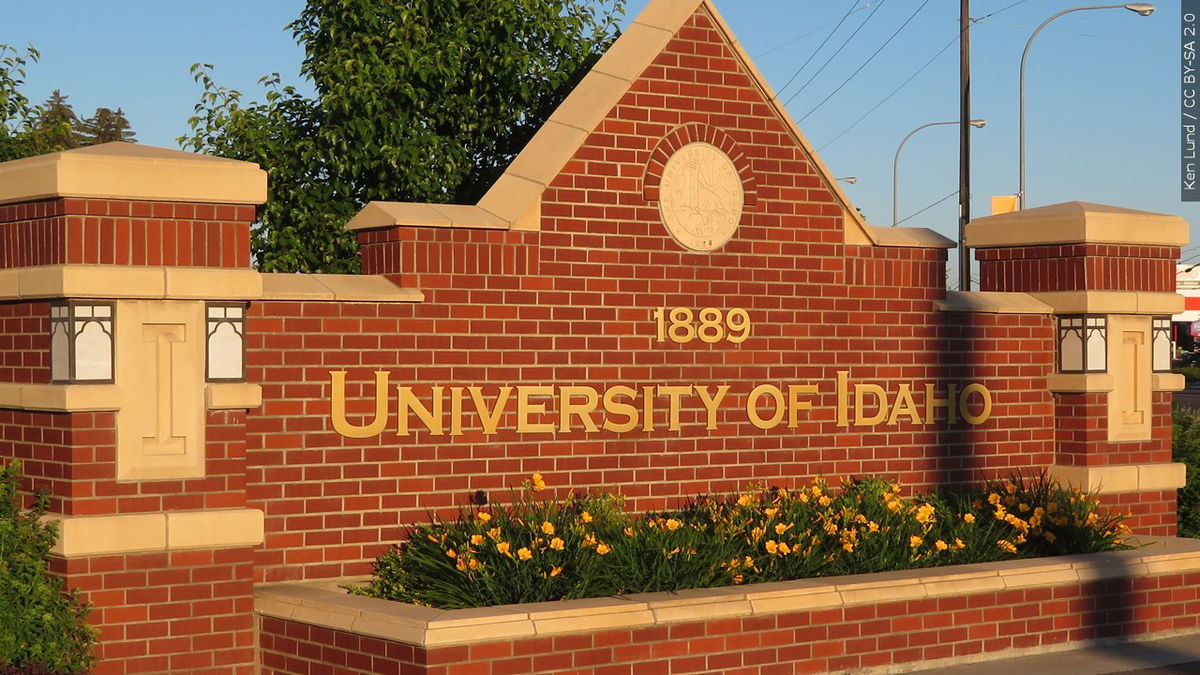State Ed Board approves amendment to University of Phoenix purchase agreement

The following is a news release from the Idaho State Board of Education:
BOISE, Idaho (KIFI) - The Idaho State Board of Education unanimously approved an amendment to the asset purchase agreement between the University of Idaho and the University of Phoenix on Friday.
The original purchase agreement, approved by the Board last spring, expired on May 31, 2024. The University of Idaho’s plan to purchase the online institution and operate it as an entity separate from the U of I stalled after many Idaho legislators expressed skepticism about the proposed deal. Legislation intended to move the proposal forward ultimately failed in the Idaho Senate.
The amendment, brought forward by University of Idaho President C. Scott Green, extends the timeline for closing the transaction, while allowing Phoenix’s owners to pursue other potential offers, and provides some reimbursement to the University of Idaho for expenses incurred to date, with up to $20 million in reimbursement, should the University of Phoenix be sold to another buyer.
Amendment details include:
- Extend the transaction closing date to June 10, 2025
- Immediate payment of $5 million (extension fee) to the University of Idaho from the owners of the University of Phoenix
- If the sale isn’t closed by June 10, 2025, the University of Idaho will receive an additional $5 million ($10 million total) from Phoenix’s owners
- If the University of Phoenix is sold to another buyer, the University of Idaho will receive an additional $15 million ($20 million total) from Phoenix’s owners
The amendment also stipulates that should the transaction succeed, the University of Phoenix will be operated in a manner consistent with HB 708, which becomes law on July 1. The new law establishes certain sideboards for state agencies to adhere to when forming not-for-profit corporations.
“With this decision, we now have more options,” Board Member Kurt Liebich said. “Will a deal happen? That will be up to the legislature at the end of the day. This gives us time to work with legislators and try to come up with a potential solution. I think this optionality has a lot of value for the State of Idaho and our citizens.”






